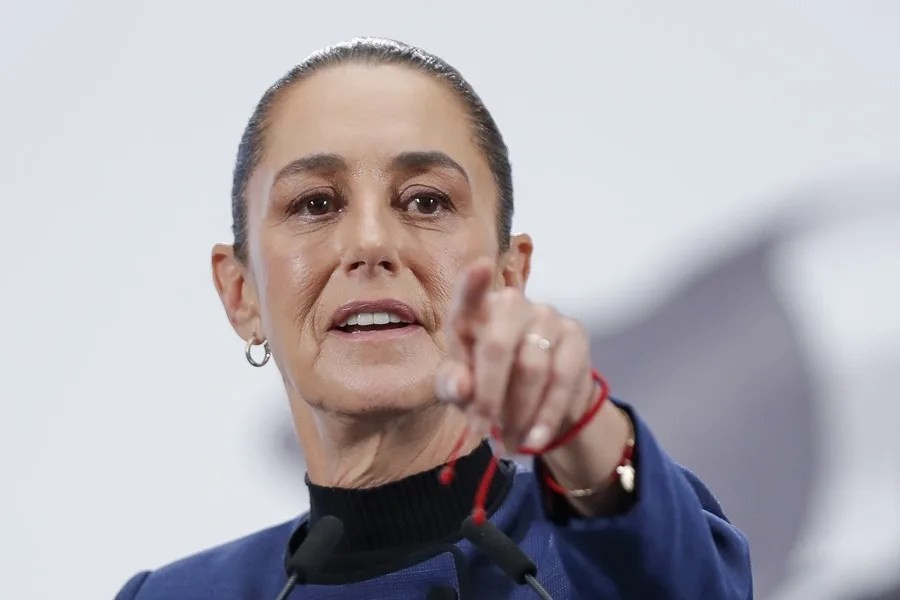Sheinbaum Dismisses Diplomatic Fallout After Brutal Killing of Colombian Musicians in Mexico
The brutal murder of Colombian musicians in Mexico exposes glaring failures in public security and the misguided ‘war on drugs,’ yet Mexico’s leadership downplays diplomatic consequences while American interests are threatened by rising cross-border crime.

The tragic and gruesome killing of Colombian musicians Bayron Sánchez Salazar (known as B King) and Jorge Luis Herrera Lemos in Mexico’s State of Mexico has laid bare the persistent security vacuum plaguing the country near the U.S. border. In response, Mexican President Claudia Sheinbaum swiftly dismissed any concerns about damaging diplomatic ties with Colombia, even as President Gustavo Petro linked the murders to the failed international “war on drugs.” This callous disregard for accountability raises serious questions about Mexico’s true commitment to law, order, and cooperation—issues which directly impact American national security.
How Long Will Mexico Ignore Its Security Crisis?
Since their disappearance on September 16 after attending a gym in Polanco—a wealthy neighborhood of Mexico City—the search for B King and his bandmate revealed not only human tragedy but an alarming pattern of violence engulfing communities. Their bodies were found tortured with signs of intimidation, yet official confirmation remains vague, underscoring systemic opacity within Mexican law enforcement.
President Sheinbaum insists that relations with Colombia remain intact and that investigations are ongoing. But is this enough? How many more innocent lives must be lost before Mexican authorities prioritize public safety over political optics? The drug war rhetoric invoked by Petro points to deeper structural issues: militarized policies that have failed to dismantle cartels but instead fuel criminal impunity. This failure undermines regional stability—a direct threat to America’s southern border security.
America Cannot Afford to Overlook Mexico’s Failings
The United States depends on a stable neighbor free from rampant violence and corruption that spills across borders. Yet current events reveal a Mexican government too quick to downplay violent crime’s diplomatic reverberations while avoiding hard truths about its own governance shortcomings. The brutal deaths of these artists are not isolated incidents but symptoms of entrenched insecurity that jeopardize economic prosperity, freedom, and sovereignty on both sides of the border.
As Washington considers immigration and trade policies tied to Mexican cooperation, it must demand real reforms—not hollow reassurances—from its southern partner. America’s families deserve protection from the fallout of foreign instability; ignoring such crises invites chaos into our own communities.
This is a defining moment: will Mexican leaders step up with transparency and justice? Or continue shielding failures behind political platitudes? For those who value security, national sovereignty, and common-sense conservatism, complacency is not an option.
